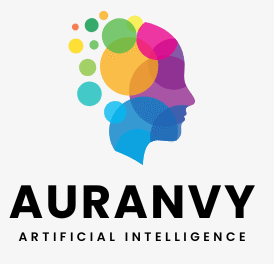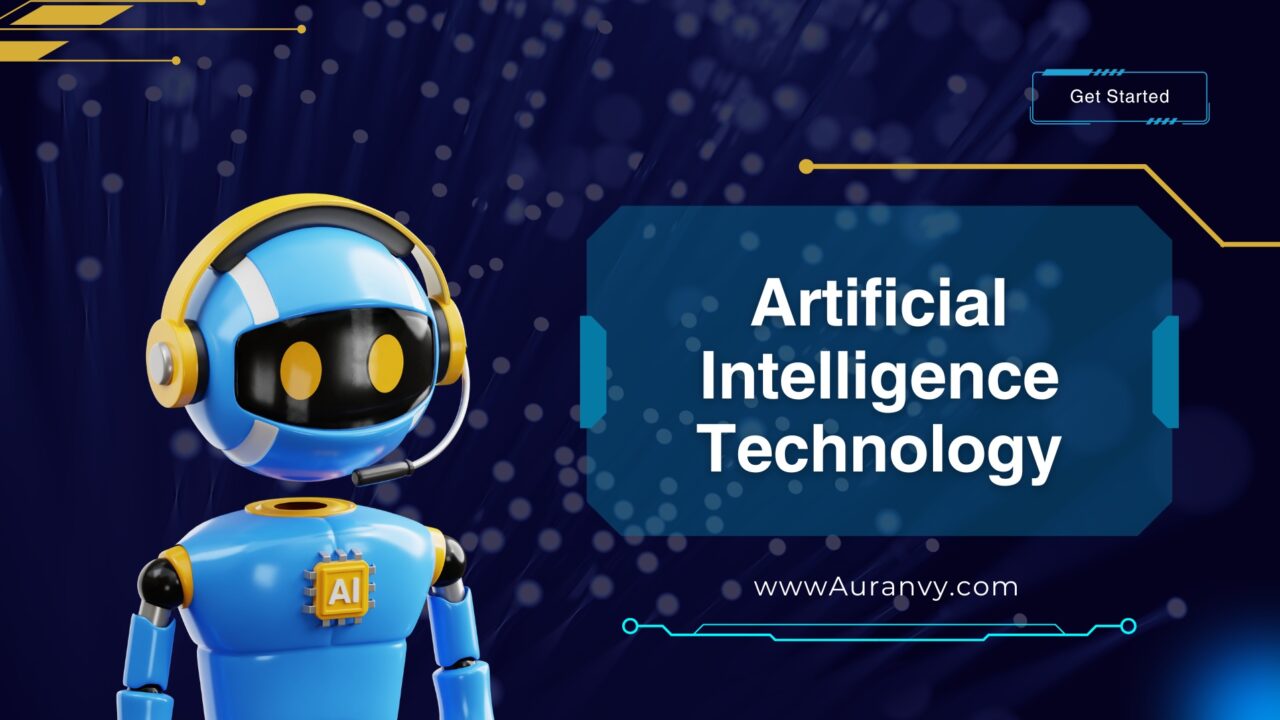Table of Contents
ToggleIntroduction: The Rise of AI in Content Creation
The digital world is evolving rapidly, and at the center of this evolution is Artificial Intelligence (AI). From search engines to smart assistants, AI is everywhere—but one of the most transformative areas it’s impacting is content creation.
Whether you’re a marketer, blogger, copywriter, or business owner, the way you create content today is likely being influenced by AI tools. In this blog, we’ll explore how AI is transforming content creation, the tools leading the charge, the benefits and challenges, and the future of AI-generated content.
What is AI in Content Creation?
AI in content creation refers to the use of machine learning algorithms, natural language processing (NLP), and large language models (LLMs) to assist or automate the creation of written, visual, or audio content.
AI tools can now:
- Write blog posts
- Generate social media captions
- Create images and videos
- Assist with SEO optimization
- Repurpose existing content
These capabilities allow creators to work faster and smarter.
How AI Helps Writers and Content Creators
Let’s break down the key ways AI helps writers and content creators:
- Automated Writing Assistance
AI tools like ChatGPT, Jasper, and Writesonic can generate full-length articles, product descriptions, or marketing copy based on simple prompts. This helps save time, especially when working on repetitive tasks.
- Idea Generation & Outlining
Struggling with writer’s block? AI can suggest blog titles, generate outlines, or give you content angles. Tools like Copy.ai and INK excel in brainstorming.
- Content Editing and Proofreading
Grammarly and Hemingway Editor use AI to improve grammar, clarity, and tone. More advanced tools like ProWritingAid also provide structure and style suggestions.
- SEO Optimization
Tools like Surfer SEO, MarketMuse, and Frase combine AI with keyword data to suggest how to structure your content for better search engine rankings.
- Multimedia Generation
AI tools such as DALL·E, Sora (for video), and Runway ML can create custom images, videos, and even animations based on text prompts—making visual content creation easier than ever.
Popular AI Tools for Content Creation (2025)
Here are some of the best AI content tools trending in 2025:
|
Tool Name |
Best For |
Key Features |
|
ChatGPT |
Writing blogs, articles |
Conversational, creative writing, coding help |
|
Jasper AI |
Marketing content |
Templates, brand voice integration |
|
GrammarlyGO |
Editing and rewriting |
Tone adjustments, AI rewrites |
|
Surfer SEO |
SEO-optimized writing |
Keyword research, content scoring |
|
Runway ML |
AI video editing |
Text-to-video, background removal |
|
Synthesia |
AI video creation |
Talking head videos from text |
|
Copy.ai |
Email and social media content |
Templates for fast generation |
Benefits of Using AI in Content Creation
✅ Speed and Efficiency
AI drastically reduces the time it takes to produce content. What once took hours can now be done in minutes.
✅ Cost-Effective
Instead of hiring multiple writers, companies can produce large volumes of content with fewer resources.
✅ 24/7 Productivity
AI tools don’t need breaks. You can create content at any hour of the day.
✅ Multilingual Capabilities
AI can translate and write in dozens of languages, expanding your global reach.
✅ Personalization at Scale
AI can customize content for different audiences based on data, improving engagement and conversions.
Limitations and Ethical Considerations
Despite its advantages, AI in content creation isn’t without concerns.
Lack of Original Thought
AI lacks human intuition, emotion, and lived experience. It can mimic creativity but doesn’t truly “create.”
Plagiarism Risks
Some AI tools might unintentionally copy existing content, raising ethical and legal concerns.
Over-Reliance on AI
Depending too heavily on AI could reduce originality and make content feel robotic.
Bias in AI Models
AI models can carry hidden biases from the data they were trained on, potentially resulting in insensitive or inaccurate content.
Looking ahead, AI will likely become a co-pilot for content creators rather than a complete replacement. Some trends to watch include:
- Voice AI and Conversational Content: Tools that can generate podcasts or real-time voice assistants for content.
- Hyper-Personalized Content: AI-driven personalization based on real-time user data.
- AI-Generated Video at Scale: Text-to-video tools (like Sora by OpenAI) will become mainstream.
- Legal Frameworks: Clear guidelines around AI content ownership and attribution will emerge.
Best Practices for Using AI in Content Creation
To get the best results with AI tools, follow these tips:
- Always fact-check AI-generated content
AI can make errors or “hallucinate” facts. Verify everything before publishing. - Use AI as a helper, not a replacement
Human creativity and context still matter. Use AI to assist, not automate everything. - Train AI tools on your brand tone
Customize tools (like Jasper or ChatGPT custom GPTs) to write in your voice. - Combine tools for a full workflow
Use AI writers + SEO tools + design tools together for best results. - Be transparent about AI usage
If content is heavily AI-generated, disclose it to maintain trust with your audience.
Conclusion: Embracing the AI Content Revolution
The role of AI in content creation is only getting bigger—and smarter. From writing blog posts and optimizing SEO to generating images and videos, AI is changing the content game in unprecedented ways.





